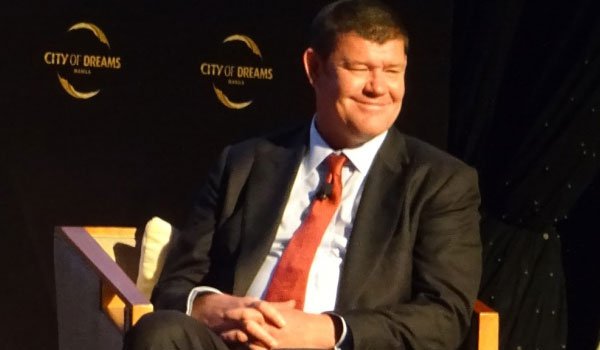Sri Lanka, often called the Pearl of the Indian Ocean, has everything for tourists from ancient temples to elephants. Since the end of the civil war in 2009, international visitor arrivals have jumped from 438,000 to a targeted 1.5 million last year. China has been aiding Sri Lanka with a host of projects to bring its infrastructure into the 21st century. Closer ties between the nations have led to big in Chinese visitation. Last year, Chinese arrivals to Sri Lanka likely trailed only those from neighboring India, where only Goa has any form of legal casino gambling. Sri Lanka attracted interest from both local and international casino operators, and President Rajapaksa was all for it.
However, casino expansion drew opposition from the country’s powerful Buddhist clergy and many politicians, including some in Rajapaksa’s own party, fearing the impact on the nation’s morality and social fabric. In 2010, a highly contested casino bill was passed to bring the handful of small casinos, then operating under British colonial rules for private clubs, under a new licensing system and tax them. With casino operators waving nine-figure construction plans, the government proposed additional casino licenses, but climbed down in the face of widespread antagonism. Rajakapsa’s government came up with a convenient fix: the four existing licenses could be transferred to large scale casino resorts, provided operators closed the old casinos, with a few dozen tables at most, once the new palaces of chance were ready.
James Packer’s Crown Resorts, Australia’s leading casino operator and a partner in Melco Crown Entertainment with casinos in Macau and now Manila, made a deal with local casino operator Ravi Wijeratne to build a $400 million, 450 room casino hotel. Sri Lanka’s richest man Dhammika Perera, who holds three of the four casino licenses, planned his own $350 million casino resort. Sri Lanka’s largest publicly traded company, John Keels Holdings arranged for Perera to transfer one of his licenses for its $850 million casino resort, which began construction last year. The three properties would be clustered around Beira Lake, an urban tourism area that developers hope to transform into leisure and entertainment district the likes of Singapore’s Clarke Quay.
Resistance to casinos never let up, though. Opponents kept chipping away, creating uncertainty and winning concessions. Last October, the government raised gaming fees and taxes on top of a 40% tax on profits. Authorities also imposed a $100 entry fee for local players, to allay concerns about problem gaming and other social impacts.
Last month, unexpectedly Rajapaksa lost his bid for a third presidential term to Sirisena, a former health minister who ran as a populist on an anti-corruption platform, receiving strong Buddhist clergy support. True to his campaign pledge, Sirisena canceled key tax breaks for the three new casino projects and said casinos will not be permitted, though the government says the developers are free to continue develop their resorts without the casinos. Crown said it will scrap its project, based on that decision. Sirisena’s administration also says it is reviewing the legality of the current casino licenses.
Sirisena has also pledged to hold parliamentary elections by early April, which could give Rajapaksa and his allies an opportunity to get back into power. Before the end of this year, the casino deals could be back on again. Or not.
Sri Lanka’s casino tale represents an extreme case of political risk in Asia. Emerging democracies with weak institutions may appear to hold the greatest risk, but one party states and dictatorships don’t even need elections to change the rules at will. Look around Asia Pacific and think about where you’d be comfortable investing hundreds of thousands of dollars, let alone hundreds of millions, with the assurance of rule of law, well developed government institutions and an independent judiciary. There’s Australia, Singapore, Japan, South Korea, Hong Kong, India and, lately, the Philippines, only four of them with legal casinos. Even in those less risky jurisdictions, foreign investors are likely to see locals get a home field advantage and may also face corruption issues. Anywhere else, whether it’s casinos or widget factories, it’s a crapshoot: the risks are huge, investments must be right-sized and rewards suitably outsized to merit serious consideration.
Hong Kong On Air author Muhammad Cohen is Editor At Large for Inside Asian Gaming. Follow him on Twitter @Muhammad Cohen.
(forbes.com)






